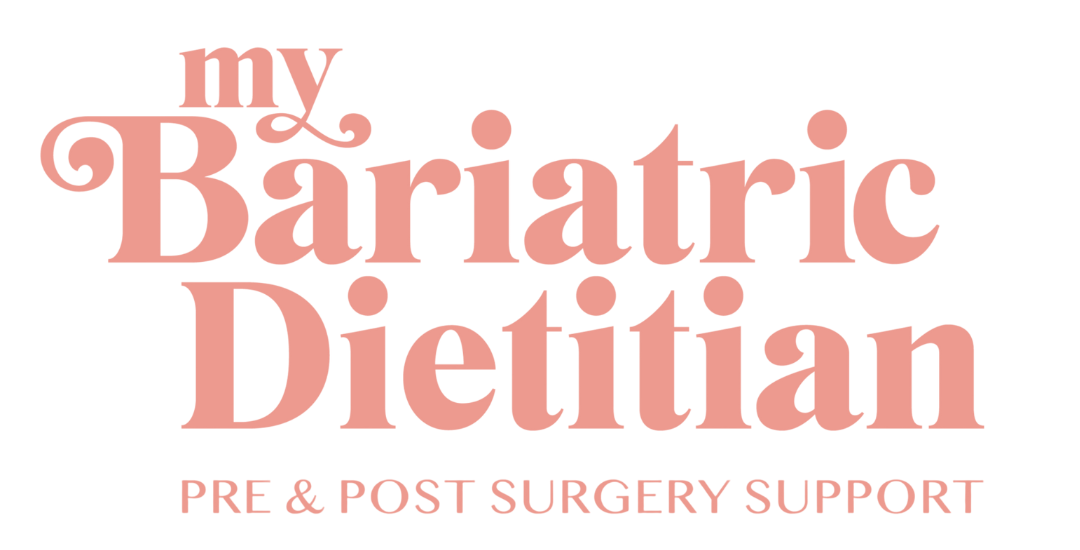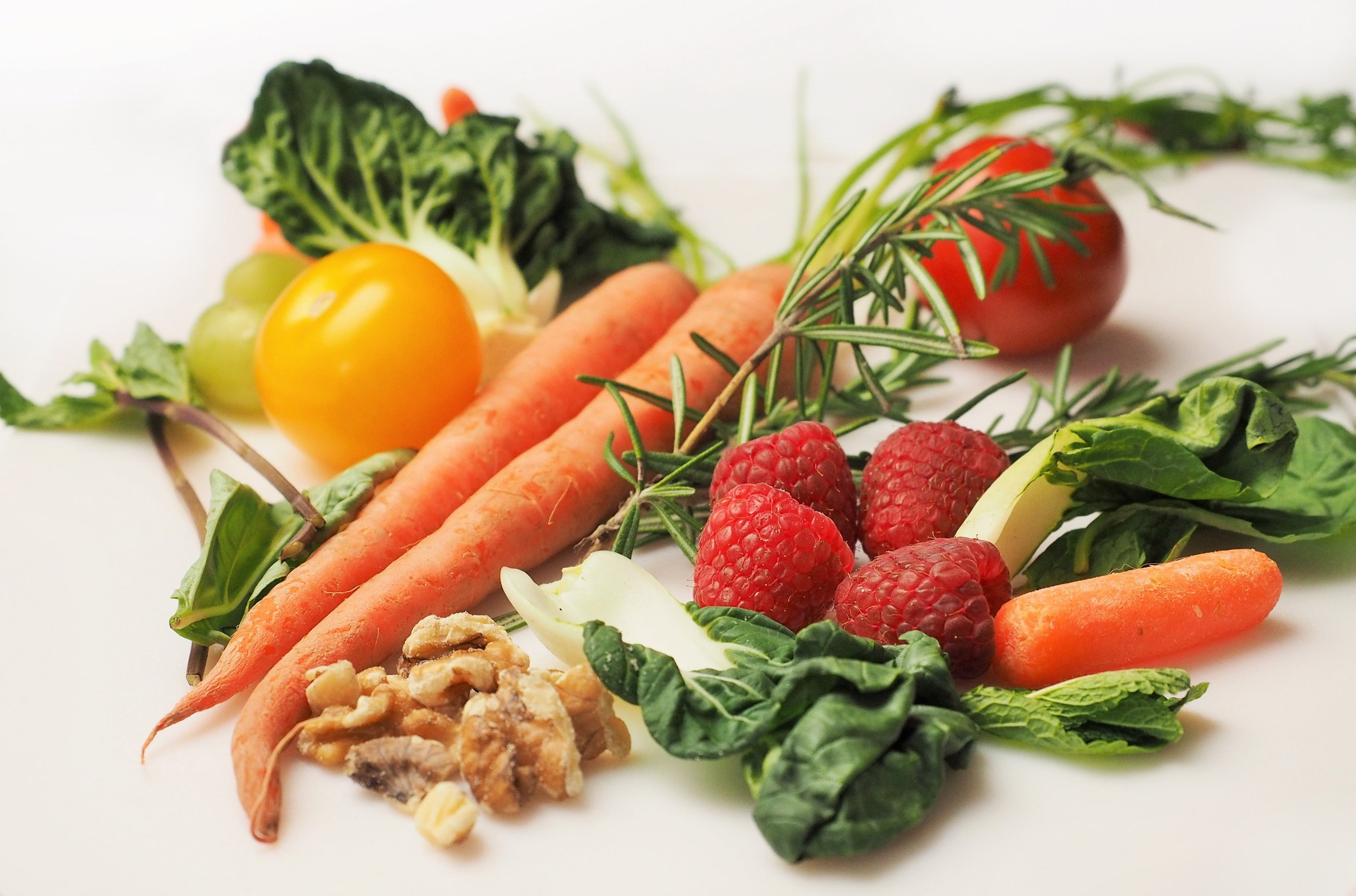9 Ways to Reduce Food Waste After Weight Loss Surgery
After weight loss surgery, most individual’s portion sizes will be reduced to about ¼-1 cup of food at a time. This is a dramatic reduction from the average American’s portion sizes which brings up the question, “what do I do with my leftover food and ingredients?”
1. Plan ahead
Create a calendar for what you plan to eat throughout the week for breakfasts, lunches, dinners, and snacks. Keeping your meals simple will ensure that you can reuse some of the ingredients. For example, if you make BBQ chicken for dinner- think of adding it to a salad or snack for the next day. You’re meals don’t have to look and taste the same, but some of the ingredients might.
2. Shop smart
Make a grocery list of everything you need. Before you shop, check your freezer, refrigerator and pantry for things that you might already have. While doing this, move older stuff to the front of the fridge so you use it first.
Shopping a bit more often can help ensure that you don’t overbuy. Purchase small amounts of fresh produce to last only a few days at a time. Be wary of buying in bulk or buying just because it’s on sale as you may end up with more than you need, especially with perishables. You won’t save money if it ends up in the trash.
Think about using frozen produce in place of fresh if you know you won’t be eating very much of it. Popular frozen options include broccoli, edamame, riced cauliflower, bell peppers, asparagus, spinach, etc.
3. Store food appropriately
Make sure that your perishables are stored in the proper place. For example, apples and broccoli are best kept chilled, but others, including peaches and tomatoes, spoil faster in the fridge. A good rule of thumb is to store it in the same environment that you found it in the produce area.
Additional tips:
- Don’t slice your food until you’re ready to consume it, chopped meat/fruit/veggies spoil faster than whole items.
- Don’t mix fruits and veggies, they spoil each other.
- Make sure to give your produce adequate space. If there isn’t much room for air to flow, fruits and veggies can go bad faster and then the quality of the remaining produce can be jeopardized.
- Make your herbs, asparagus, and green onions last longer by keeping them upright in a jar of water in the fridge. Simply add about 1-2 inches of water to a jar, stand the herb/green onion up in it, cover with a small plastic bag and keep in the fridge.
- Hang onions in pantyhose or an onion hanger, they will last for up to 8 months!
- Wrap cheese in wax paper or cheese paper before placing in a plastic bag.
- Freeze your fresh herbs in olive oil or butter.
- Jars of all kinds can sit in the fridge for months as the contents don’t always get used immediately. This mean that when you come to use it, mold could have formed and the whole jar gets thrown away. By storing your jar upside down, the contents sink to the bottom and create an airtight seal, preventing mold from growing.
- Dry herbs that you don’t eat right away. Just rinse the leaves, air dry, and place on a single layer on a plate with a paper towel. Then microwave them in 30-second intervals until their crunchy (which can take up to a few minutes). Store them in an airtight container and they can last up to a year.
4. Adapt recipes to your needs
If making a stir-fry for dinner, rather than getting brand new produce, look around your kitchen for things you can use up. For example, use up salad veggies or frozen options rather than opting for the ones recommended in the recipe.
5. Get creative with leftovers
Add left-over meat or veggies in salads, soups, omelets, scrambles, casseroles, or sauces. Or, freeze veggies to use later in a soup or stir-fry. Kitchen scraps can be saved in the freezer and then used at a later time to make homemade stock.
Additionally, freeze your leftover meals in small, easy to re-heat containers. These will be a great grab-and-go option for when you don’t want to cook.
6. Invest in reusable equipment
You’re more likely to store food properly if you have the right tools to do so. Invest in reusable, glass tupperware, as well as chip clips, cookie tins, wax paper, and mason jars.
7. Pickle or preserve whatever you’ve got
You can pretty much pickle anything- carrots, asparagus, onions, eggs, lemon, etc. For tips on how to can/preserve your produce check out this website for more information.
8. Donate what you don’t want
No longer interested in those pinto beans you bought 2 months ago? Don’t them to a local food bank!
9. When all else fails, COMPOST!
Food scraps are the number one material sent to landfills. Instead, get a compost bin for your kitchen and either add the scraps to your own backyard compost bin or make sure to toss into your yard waste bin.
Do you have recommendations on how to make your food go farther after weight loss surgery? Leave your tips in the comments below!


